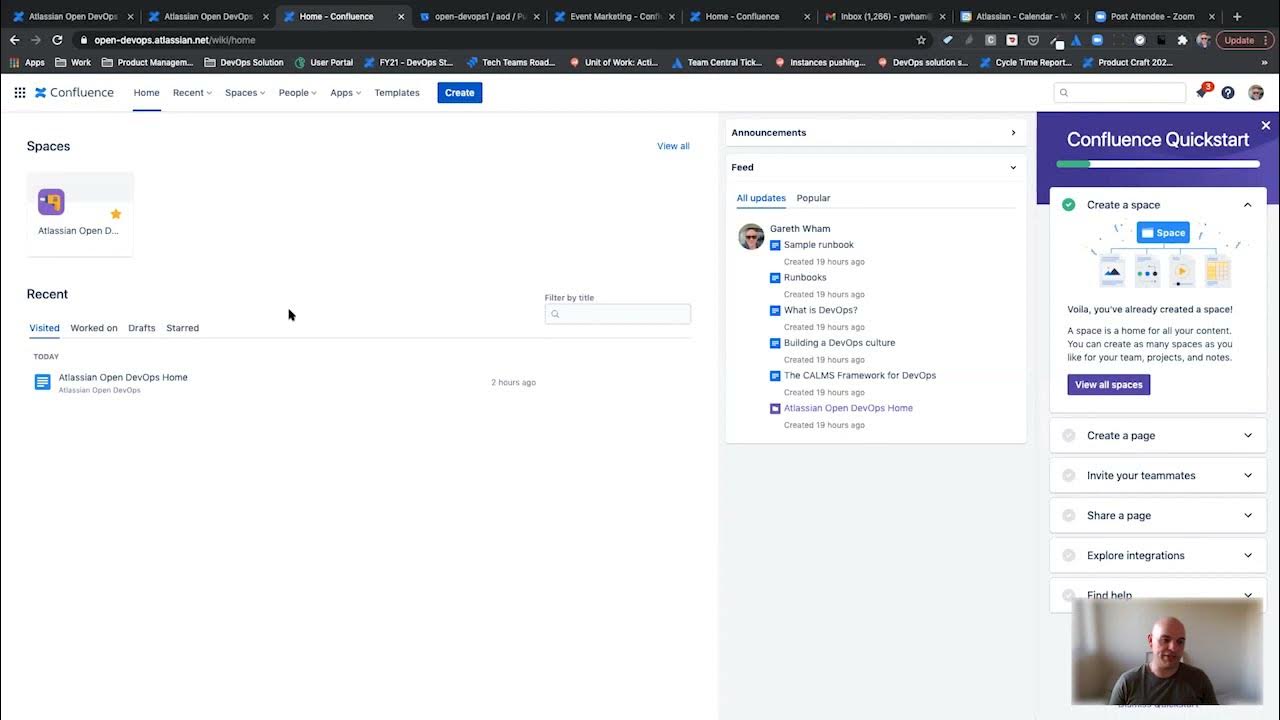Jenkins Explained in 3 minutes
Summary
TLDRJenkins is an open-source automation server that helps developers and DevOps engineers automate the software development lifecycle. It simplifies repetitive tasks like building, testing, and deploying software, saving time and reducing errors. Jenkins supports continuous integration and delivery (CI/CD), ensuring code changes are automatically built, tested, and deployed. With its powerful pipelines, developers can define complex workflows and automate the entire process using Groovy code. Jenkins is an essential tool for streamlining development, improving collaboration, and allowing teams to focus on writing quality code while automating key tasks.
Takeaways
- 😀 Jenkins is an open-source automation server designed to automate the software development lifecycle, including building, testing, and deploying applications.
- 😀 Originally created for Java, Jenkins now supports a wide range of programming languages and technologies.
- 😀 Jenkins helps save time and reduce errors by automating repetitive tasks such as building, testing, and deployment.
- 😀 Continuous integration and delivery (CI/CD) are key features of Jenkins, ensuring that code changes are automatically built, tested, and deployed.
- 😀 Jenkins simplifies the development process by catching bugs and errors early in the development cycle through automated testing.
- 😀 Jenkins Pipelines allow developers to define the entire build, test, and deployment process in code using Groovy, a domain-specific language.
- 😀 Pipelines as code enable version control and sharing of the software development process between team members.
- 😀 Jenkins supports a wide variety of plugins that extend its functionality and allow for custom workflows and task automation.
- 😀 Jenkins integrates seamlessly with other tools in the software development ecosystem, making it adaptable to any existing workflow.
- 😀 By automating tasks, Jenkins helps developers focus more on coding rather than manual processes, increasing productivity.
- 😀 Jenkins is an essential tool for both developers and DevOps engineers, facilitating continuous integration, delivery, and efficient collaboration.
Q & A
What is Jenkins?
-Jenkins is an open-source automation server that helps developers automate the process of building, testing, and deploying software. It enables continuous integration and continuous delivery (CI/CD) to improve the software development workflow.
Who typically uses Jenkins?
-Jenkins is primarily used by developers and DevOps engineers who need to automate various tasks in the software development lifecycle, including code building, testing, and deployment.
What is the main benefit of using Jenkins?
-The main benefit of using Jenkins is its ability to automate repetitive tasks, such as building, testing, and deployment, which saves time, reduces errors, and ensures continuous integration and delivery.
How did Jenkins originally come into existence?
-Jenkins was originally created to automate the build process for the Java programming language but has since evolved to support a wide range of programming languages and technologies.
What are Jenkins plugins used for?
-Jenkins plugins extend the functionality of Jenkins, allowing users to automate almost any task in their software development process. There are a wide variety of plugins available for different use cases.
What is continuous integration in Jenkins?
-Continuous integration in Jenkins means that any changes made to the code are automatically built, tested, and deployed. This ensures that software is always up to date, and bugs or errors are caught early in the development cycle.
How does Jenkins help with continuous delivery?
-Jenkins supports continuous delivery by automating the entire process of software development—from building and testing to deployment—so that changes can be quickly and reliably delivered to production.
What are Jenkins Pipelines and how do they work?
-Jenkins Pipelines are a way to define the entire software development process (build, test, deploy) as code. This allows developers to version-control and share the workflow, ensuring consistency and transparency across teams.
What language is used to define Jenkins Pipelines?
-Jenkins Pipelines are written using a domain-specific language called Groovy, which allows developers to define complex workflows and automate tasks throughout the software development process.
What makes Jenkins an essential tool for developers and DevOps engineers?
-Jenkins is essential because it automates key processes in the software development lifecycle, including build, test, and deployment. Its powerful automation capabilities, extensive integrations, and support for CI/CD make it invaluable for developers and DevOps engineers.
Outlines

This section is available to paid users only. Please upgrade to access this part.
Upgrade NowMindmap

This section is available to paid users only. Please upgrade to access this part.
Upgrade NowKeywords

This section is available to paid users only. Please upgrade to access this part.
Upgrade NowHighlights

This section is available to paid users only. Please upgrade to access this part.
Upgrade NowTranscripts

This section is available to paid users only. Please upgrade to access this part.
Upgrade NowBrowse More Related Video

DevOps In 5 Minutes | What Is DevOps?| DevOps Explained | DevOps Tutorial For Beginners |Simplilearn

Overview of Atlassian Open DevOps

#1 What is DevOps ,Agile and CICD

What does DevOps engineer mean to you?

Top 20 DevOps Tools You Need to Know | DevOps Tools Tutorial | Edureka

What is DevOps? - DevOps explanation by WebGentle | Explained Dev
5.0 / 5 (0 votes)